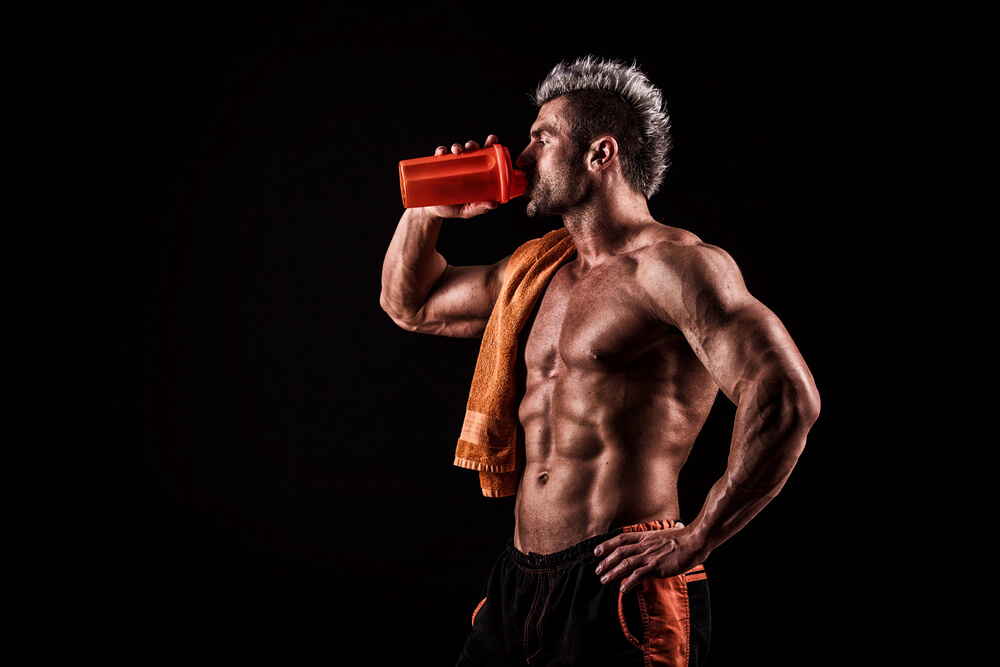
You need protein. It’s the building block of muscle. But, that doesn’t mean you can’t change it up with a different protein type. We have all the info you need on pea protein.
It is no secret that protein is vital for muscle growth and repair. We all know that. But, we’ve also been fed some myths. One old myth is that protein can only be derived from animal products and byproducts.
Forget that.
What happens to those who lack the necessary enzymes to break down lactose or who have made an ethical decision to avoid animal products?
Is it possible to obtain enough protein through plant-based sources that will allow you to achieve optimal training results?
The short answer: Yes.
And what is the best tasting protein powder?
With the onslaught of plant-based proteins, it’s hard to settle on which one will best suit your needs. Most people have heard of soy protein.
But, there are others. Which ones?
How about hemp protein, brown rice, and pea protein?
Each of these is a great alternative to whey protein. Experts advise rotating proteins to ensure you are getting the benefits from each source. Of these three proteins, pea protein seems to have the least public profile and is thus greatly misunderstood as a protein source.
Let’s change that!
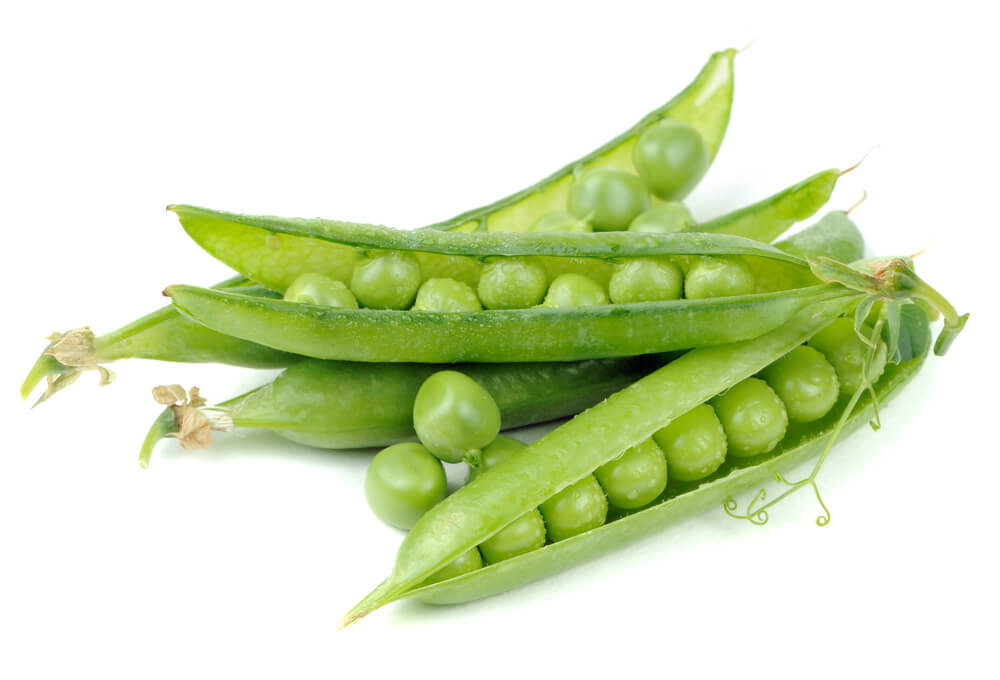
Myth About Plant-Based Proteins
The belief that plant-based proteins are not complete proteins could not be further from the truth. This seems to be the result of grouping all plant-based proteins together. It is a true statement to say that not all plant-based proteins are complete proteins, but that doesn’t include all of them.
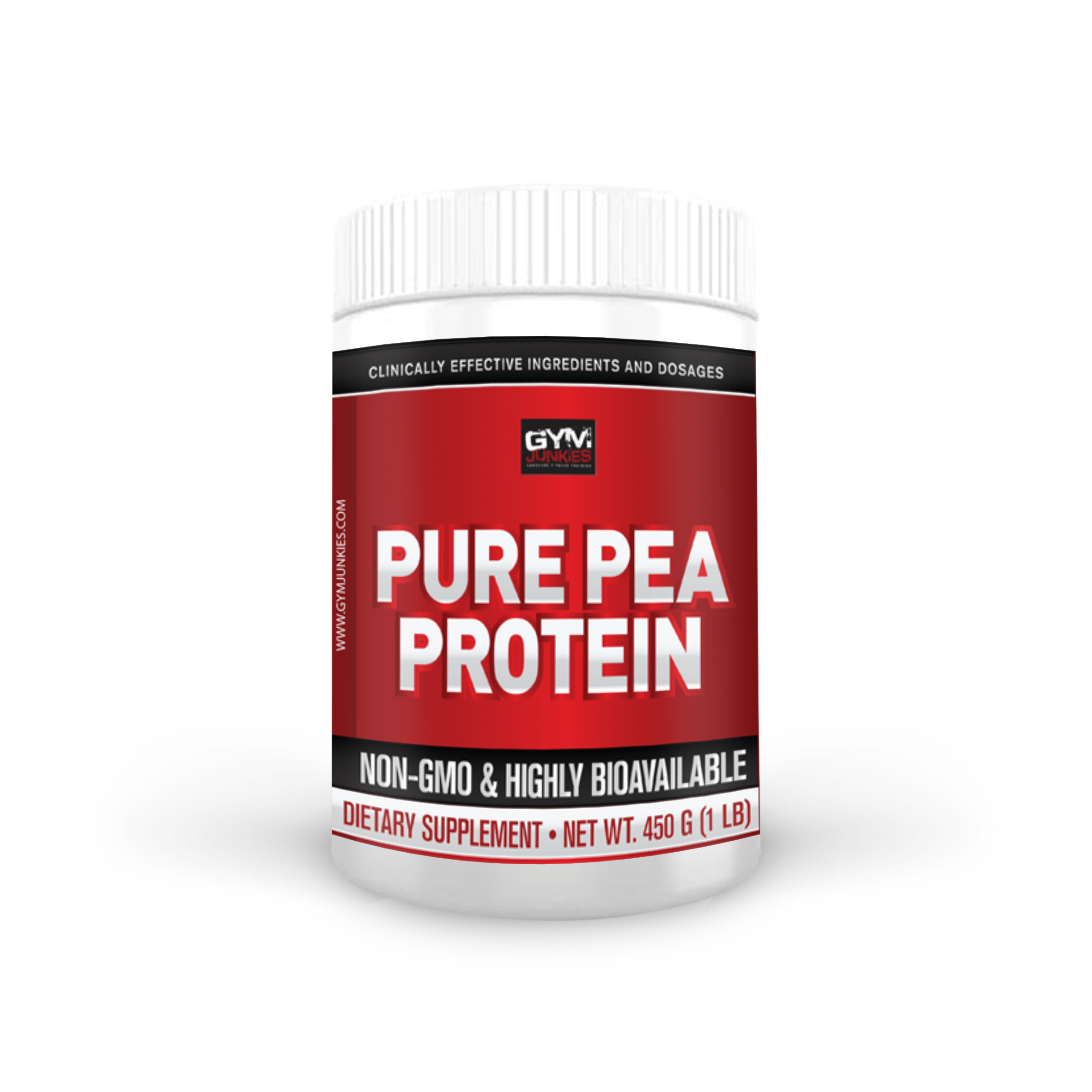 What we need to understand about diet is that it is fluid. We naturally combine foods in a meal that helps boost the nutritional profile of the overall meal. Pea protein is missing a few nonessential amino acids that are naturally produced in the body. But, by adding a bit of rice protein you can use it as a complete protein source during a meal. Also keep in mind that your diet is made up of everything you eat throughout the day and missing a few nonessential amino acids in one meal is not going to hold back protein synthesis.
What we need to understand about diet is that it is fluid. We naturally combine foods in a meal that helps boost the nutritional profile of the overall meal. Pea protein is missing a few nonessential amino acids that are naturally produced in the body. But, by adding a bit of rice protein you can use it as a complete protein source during a meal. Also keep in mind that your diet is made up of everything you eat throughout the day and missing a few nonessential amino acids in one meal is not going to hold back protein synthesis.
As the pea is a legume that can be eaten fresh, cooked or dehydrated, it is a great source of protein for all types of diets. Pea protein powder is great when time is limited, but you can also sprinkle fresh peas on a salad or lightly sauté fresh peas and other veggies atop a little bit of brown rice. It is a versatile protein that can be eaten many ways.
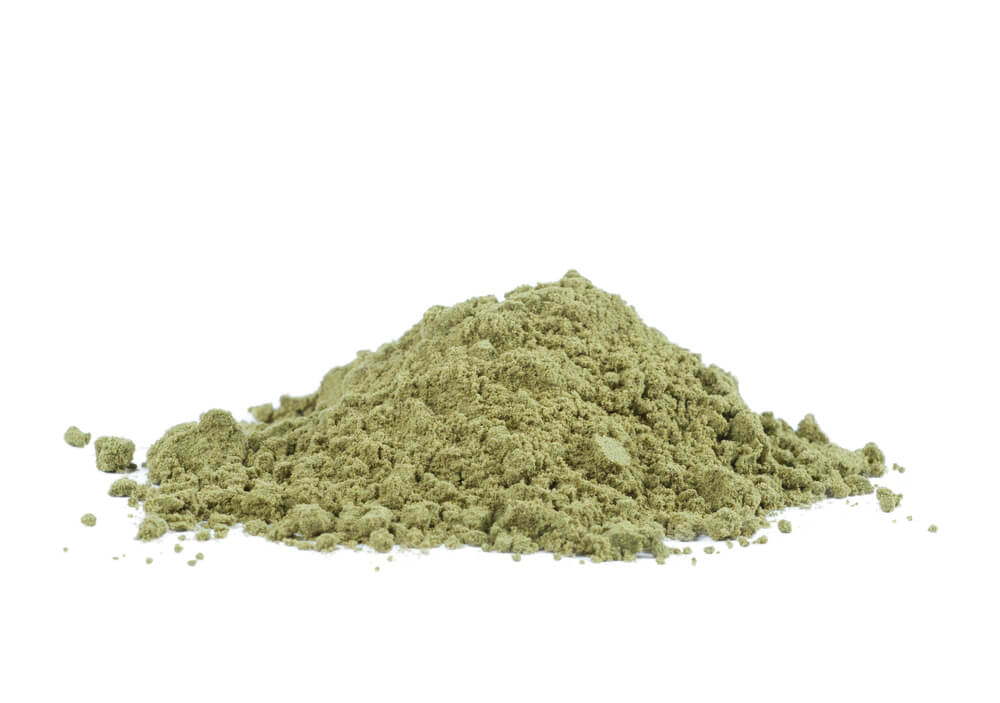
What Is Pea Protein?
Because peas can be found in their natural unprocessed state often in the veggie section of most grocery stores, people assume they are veggies. Peas are actually legumes. They fall into the same category as lentils and other beans. Pea protein can be made from both green and yellow dehydrated split peas (the ones that look similar to dried lentils you find in the bulk section of your grocer).
While some diets have vilified all legumes, it should be noted that there are very few experts that will argue that a plant-based lifestyle is not beneficial for the health of most people.
What About Soy?
It’s hard to talk about plant-based proteins like pea protein without mentioning soy protein. It is usually the first plant-based protein people try when they choose to limit or cut meat and/or dairy. Most health professionals do not recommend soy products.
Why?
They are one of the highest genetically modified crops in the country.
Soy mimics estrogen in the body and lowers testosterone. This has unsavory effects for both males and females. Estrogen dominance in men can appear in the form of excess fat in the pectoral region (man breasts) and for women can contribute to facial hair growth and reproductive conditions like PCOS and endometriosis.
While pea protein is not yet as popular as soy, it boasts nutritional benefits and an allergen profile that makes it a healthier alternative to soy.
Sensitive Stomach Loves Pea Protein
If you often find your stomach bloated or upset by your favorite protein source, you may want to give pea protein a go. It’s a great protein source for sensitive stomachs.
Why?
It’s soy, dairy and gluten free!
Because peas can be eaten in a whole host of ways, you can derive different nutritional benefits from each. If eaten in their whole, unprocessed, uncooked form, peas are high in fiber. That makes them easy to digest. If taken in their powdered form, most fiber is removed making peas as low carb as many of their whey protein counterparts.
Unlike soy, pea protein is usually organic and non-GMO. It can be grown and harvested in large quantities while still remaining environmentally friendly. The lack of pesticides and other chemicals makes this an all-natural source of protein with little side effects.
Dairy can cause inflammation in the body for both those who can and can’t consume lactose. Most plant-based protein sources do a better job of keeping inflammation at bay.
Similar findings have been presented in the case for a gluten-free diet. While not everyone needs to cut gluten, wheat products have been shown to cause inflammation in the gut. This can lead to that bloated stomach you can’t seem to outwork. Also, if you’ve ever experienced protein related gas (we’re looking at you), you can rest assured that the easily digestible nature of pea protein will reduce the buildup of gas in the body.
With its simple ingredient list and solid nutritional profile, pea protein is allergen friendly and great for diets of all kinds. It could be what you need!
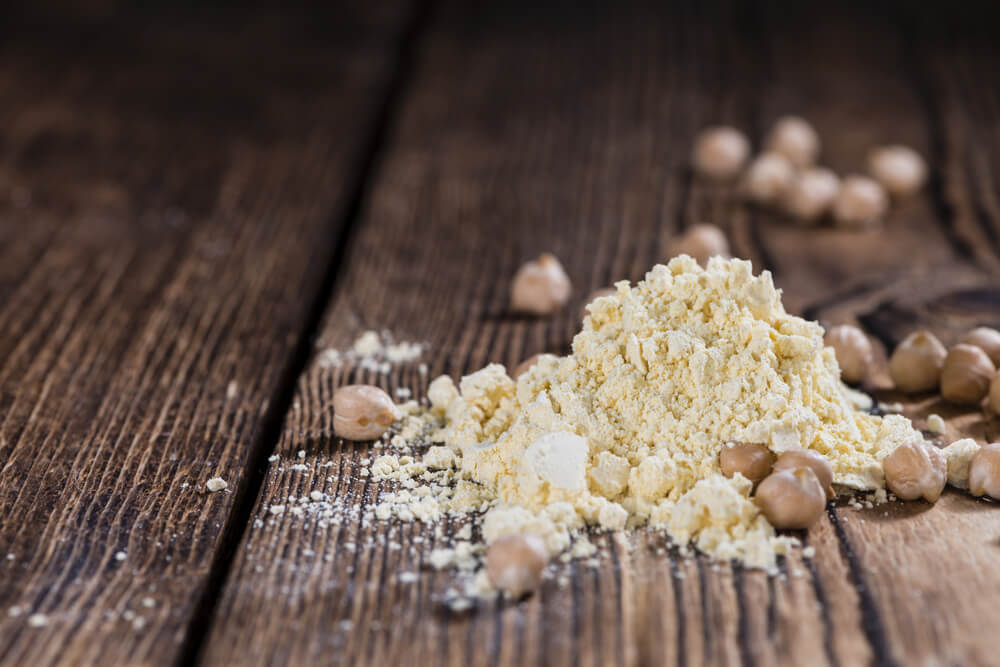
The Nutritional Benefits Of Protein: Lysine, Arginine, Glutamine, And BCAAs
With all of the plant-based health benefits, many of pea protein’s critics dismiss the power protein because of its missing non-essential amino acids. But, there are a host of other natural amino acids and nutrients available in pea protein that other proteins simply can’t boast. These added perks to pea protein could also help limit the size of your stack and increase the money in your wallet.
Lysine aids in the body’s post-workout recovery. It is an amino acid that is not produced in the body and is best absorbed right after a workout. Lysine helps your body repair muscles for faster recovery and efficient muscle synthesis.
Arginine’s main function for the benefit of weight training is that it is a vasodilator (eases the widening of blood vessels). This brings more blood flow to the body and helps relax muscles around the arteries. It helps control your heart rate as your heart does not have to pump as hard to push blood throughout your body.
Glutamine has long been touted as the solution to rapid muscle gain. It helps prevent muscle breakdown. This can lead to faster recovery, bigger bulk, and faster fat-to-muscle conversion.
BCAAs are usually a staple in every gym-goer’s stack. BCAAs, like the aforementioned amino acids, help protein synthesis and aid in the prevention of muscle breakdown. Your body produces amino acids to help repair torn muscles from weight training. You can slow the breakdown of muscle by providing your body with the amino acids it aims to create.
All four of these amino acids are found in pea protein and while additional supplementation can occur, there are high amounts of these amino acids found directly in pea protein. In other words, you can better budget your spending for more whole food options at your grocery store.
It’s Vegetarian And Vegan-Friendly
It can sometimes be hard for vegetarians and vegans to find adequate sources of protein without consuming a high volume of food. It’s not always easy to find these types of options when pressed for time. A good plant-based protein supplement can help fill nutritional gaps in certain diets. Keeping pea protein on hand can also help with a quick, high nutrition, protein-filled boost in a pinch.
For households that contain meat eaters and non-meat eaters alike, pea protein is a friendly household option that all can partake in. Pea protein often doesn’t contain any added ingredients. It is especially good for those looking to find a clean whole-food protein or those new to protein powders.
Unlike many proteins on the market, pea protein can be found without any sugar or sugar substitutes. For protein users who are accustomed to sugar-filled powders, the simple addition of pitted dates or fruit can help sweeten the otherwise plain powder.
Although pea protein can fill nutritional deficiencies in a vegan diet, it is not a protein only for vegans and vegetarians. Omnivores can enjoy the benefits of this plant-based super food.
Pea Protein And Weight Loss?
While pea protein is good for those looking to gain muscle mass and achieve ideal muscle-to-fat ratio, it can be used as a weight loss aid as well. Pea protein has been shown to increase satiety in those who consume it before meals.
One study showed that “casein and pea protein showed a stronger effect on food intake compared to whey when consumed as a preload.” This is a great option for those looking to reduce their caloric intake while keeping protein intake at an optimal level. It is well known that caloric intake plays a big role in the body’s ability to lose weight. But, the quality of calories is more important than the caloric intake itself. The body metabolizes various types of calories in different ways.
Also, high-quality proteins can help fight cravings. Cravings are often the result of nutritional deficiencies in the body. When your body doesn’t get adequate nutrition, it compensates by producing a craving for foods that satisfy those needs in the highest quantity. But, that’s not a good thing. Why? Instead of craving fruit when your body needs to replenish its glycogen stores, it craves cake because it quickly provides lots of sugar. Pea protein provides complete nutrition that would otherwise result in cravings.
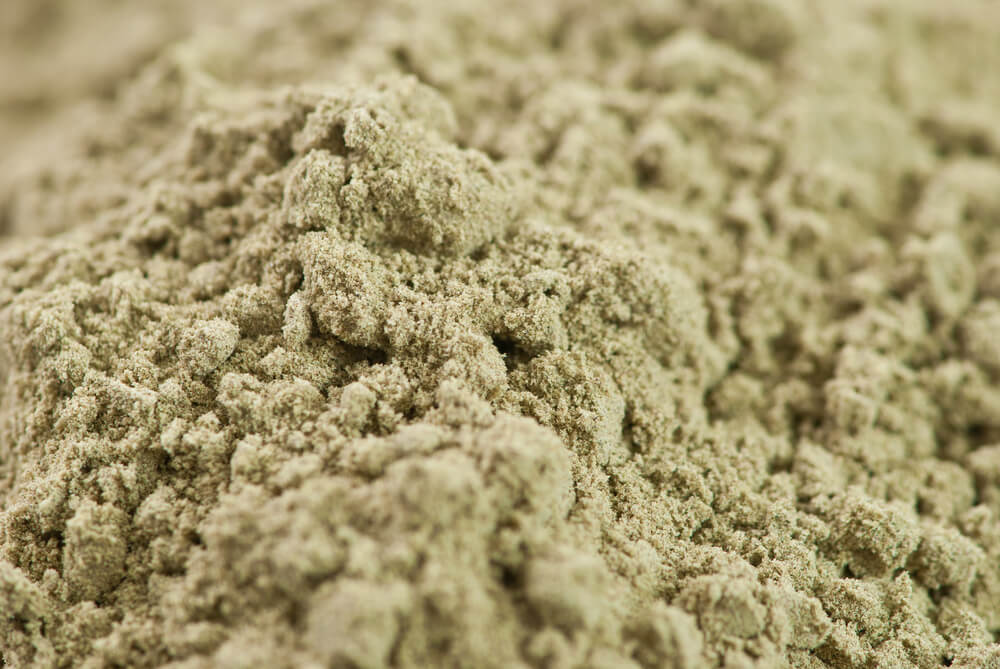
These Are The Cons Of Pea Protein
As with every supplement, there are pros and cons to consumption.
What are they?
Let’s get into that.
The first con to pea protein, as mentioned, is the fact that unlike some whey and casein proteins, pea protein is lacking some nonessential amino acids. The important thing to note about nonessential amino acids is that the body creates these already so any additional supplementation is extra to what is already being produced.
Second, pea protein can be an acquired taste. Some pea proteins have little to no flavor. Others have a chalky texture that is hard for some to stomach. The simple remedy to both of these issues is to dissolve your pea protein in a little bit of water prior to blending, then flavor with your fruit, powder or extract of choice.
For those who have committed to consuming a higher fat diet, pea protein contains little to no fat. That’s not likely to affect many reading this. But, in case it did, you do have options. Add a Tablespoon of ghee or collagen if you’re an omnivore. Vegan or vegetarians could add a mix of chia, avocado, and coconut oil.
Conclusion
Pea protein can make a great addition to any weight loss or weight training supplement stack. It’s great nutritional profile along with the many essential amino acids make it beneficial for retaining muscle mass, reducing muscle breakdown and losing weight.
Although pea protein is missing some nonessential amino acids, combining this protein with a bit of rice protein can complete its protein profile making it a great plant-based protein source. Most experts would advise getting your main sources of nutrition from whole foods and pea protein is no exception. Don’t forget that each body is different. That is why it’s vital to do your own research and test products to see which provides your body with the best nutrition for performance.
By Aly Tygher
Latest posts by Terry M (see all)
- Garage Gyms - Aug 1, 2018
- Kettlebells – Why They Should Be Added To Your Routine. - Jul 24, 2018
- Weight Belts: What Are They Really For? - May 31, 2018





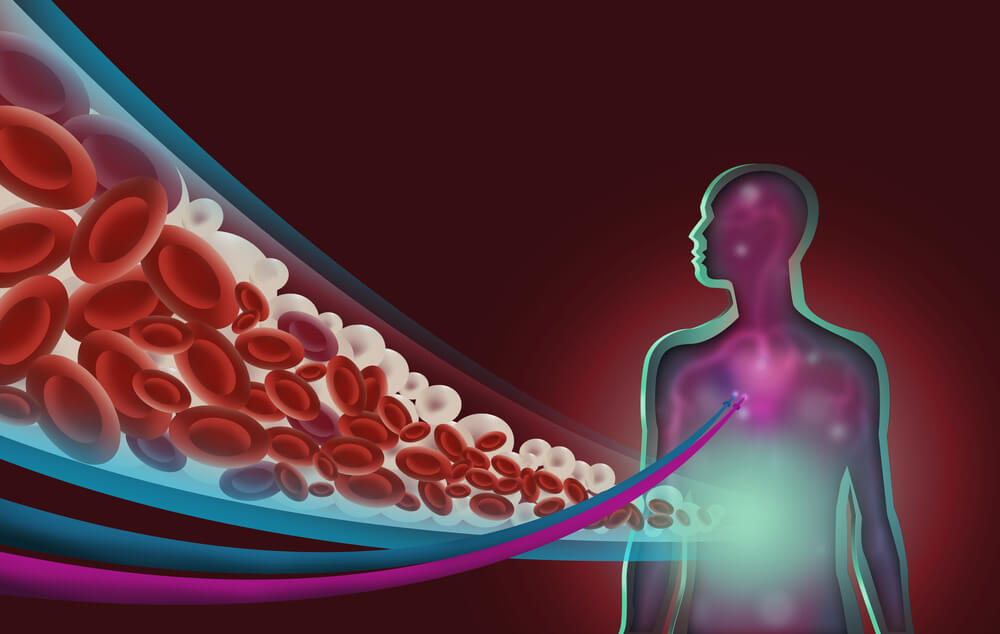





[…] proteins, such as soy and pea proteins, do not have the complete complex. Very few plants have the complete complex makeup (quinoa does, […]
[…] addition, the company does sell a plant-based protein powder for when you’re looking for a protein that doesn’t include proteins derived from animals (whey […]
[…] addition, the company does sell a plant-based protein powder for when you’re looking for a protein that doesn’t include proteins derived from animals (whey […]